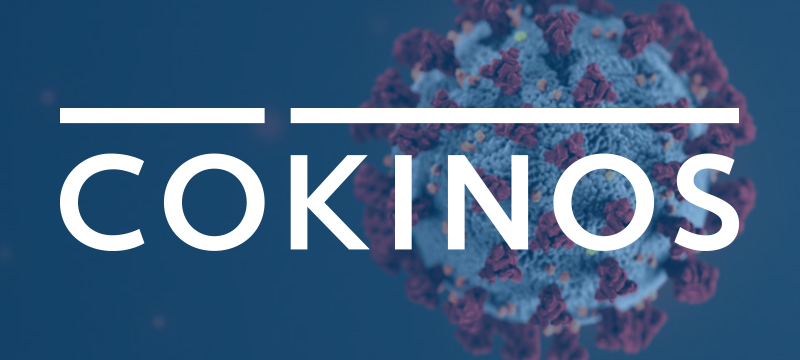Testing the Boundaries of Business Insurance: COVID-19 Risks

Most businesses will suffer losses due to COVID-19 exposure and efforts to contain it. Most businesses are suffering losses already. Likewise, most businesses maintain business insurance to spread their risks. The unique risks posed by the coronavirus will undoubtedly challenge the ability of business insureds, including those in the construction industry, as well as their insurers to provide insurance protection for risks within the scope of the coverage of their policies. Some broad observations are as follows.
A commercial property policy covers a business’s insured premises and property. It is triggered by “direct physical loss of or damage to” the property. A component of that policy is business interruption coverage that insures against losses due to the shutdown or restriction of the business’s operations caused by direct physical loss of or damage to property that is otherwise covered under the policy. Whether a shutdown in operations due to the COVID-19 risk causes physical damage or loss to property within the meaning of the policy is likely to be a primary issue raised by insurers in response to claims. Types of covered claims will be fact-specific and will heavily depend on the terms of the business policy. For example, it is possible that the threat of or actual contamination of surfaces may be regarded as having a physical component so that it constitutes “direct physical loss of or damage to” insured property. But every claim will need to be evaluated closely in light of the specific policy language. This is especially true since there is considerable variation among policies, and there is no standard policy form.
In addition to the direct physical loss or damage requirement, some policies may include an exclusion for microbes or viruses, or provide a sublimit of coverage for that risk. In addition, the policy may also include coverage for civil authority, that is, where a business is affected by an order of a governmental authority, such as a “shelter in place directive” that forces closure of an office or workplace. In the event a contractor or developer is forced to shut down a project due to COVID-19, these same issues should be addressed in the context of builders risk coverage for physical damage to the work. Moreover, a related coverage that may be available in a particular policy is contingent business interruption coverage. This coverage applies to loss of materials or equipment due to the shutdown of a key supplier to the project.
Commercial General Liability Insurance. In the event of liability claims, such as one for negligently causing exposure to COVID-19, a commercial general liability (“CGL”) policy may be implicated. A key consideration as to bodily injury claims is whether they resulted from an “occurrence,” which is defined in the policy as an accident, including continuous or repeated exposure to substantially the same general harmful conditions. The same concept would apply to claims for property damage, such as loss of use arising out of such negligent exposure. As is the case with all business policies, exclusions such as pollution exclusions or more specialized microbe or viral exclusions may be attached to the policy. Again, the facts and circumstances of each claim must be evaluated against the precise language of a particular CGL policy.
Workers Compensation. Claims by employees that they contracted COVID-19 while in the course of their employment will undoubtedly result in a spate of workers compensation claims. Naturally, claims by first responders such as police officers and firefighters, as well as hospital workers and EMTs, and other high risk sectors will escalate. Coverage will likely depend on whether the employee’s employment duties were tied to the contraction of the virus, which is not considerably different from other occupational diseases.
These are just a few of the considerations for business insureds. This is a fluid situation with new developments occurring daily, or even hourly. It must be remembered that this is more than likely to be a developing area of insurance coverage, and in that sense, it is not unlike previous events such as hurricanes that have spawned considerable insurance litigation, some of which is still ongoing. Nevertheless, in the event a business insured believes that its circumstances may give rise to a claim, any doubts as to notification to the insurance company should be resolved in favor of giving notice. There is little downside to preserving coverage for potential claims arising out of the unique circumstances presented by the virus. If you have any questions as to insurance coverage related to COVID-19, please feel free to contact us.